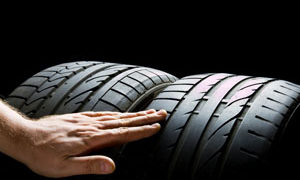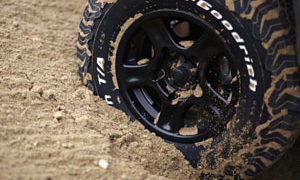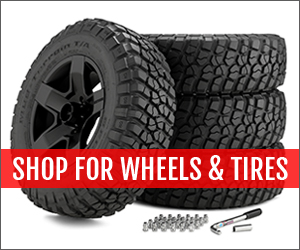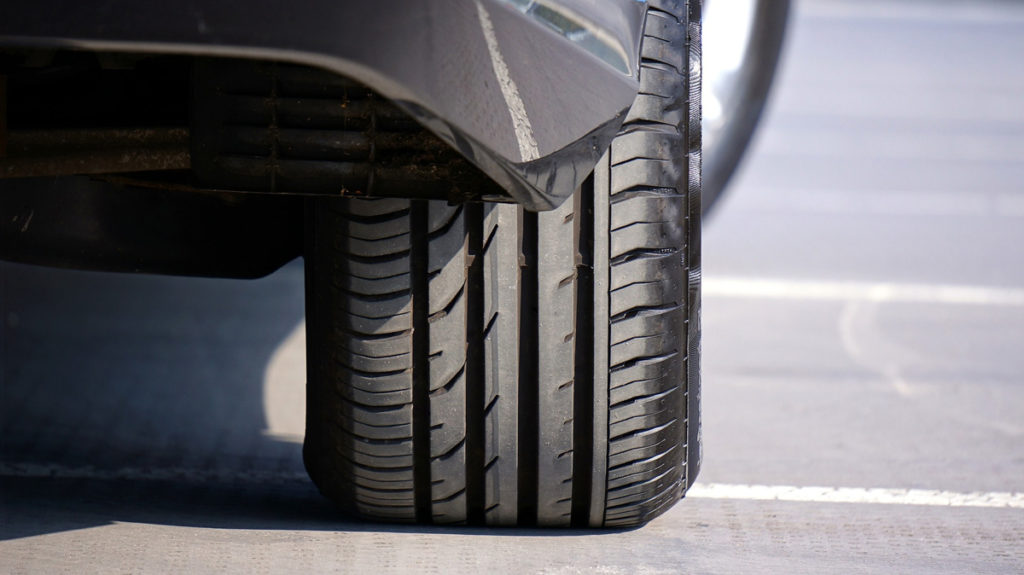
The specialists of their season.
At different times of the year and in different climates, it’s important to have the right tires for the right conditions. These will not only help your vehicle perform at its best but can also keep you safer than having the wrong set of rubber on your wheels. So, let’s look at the differences with summer tires vs winter tires as seasons change.
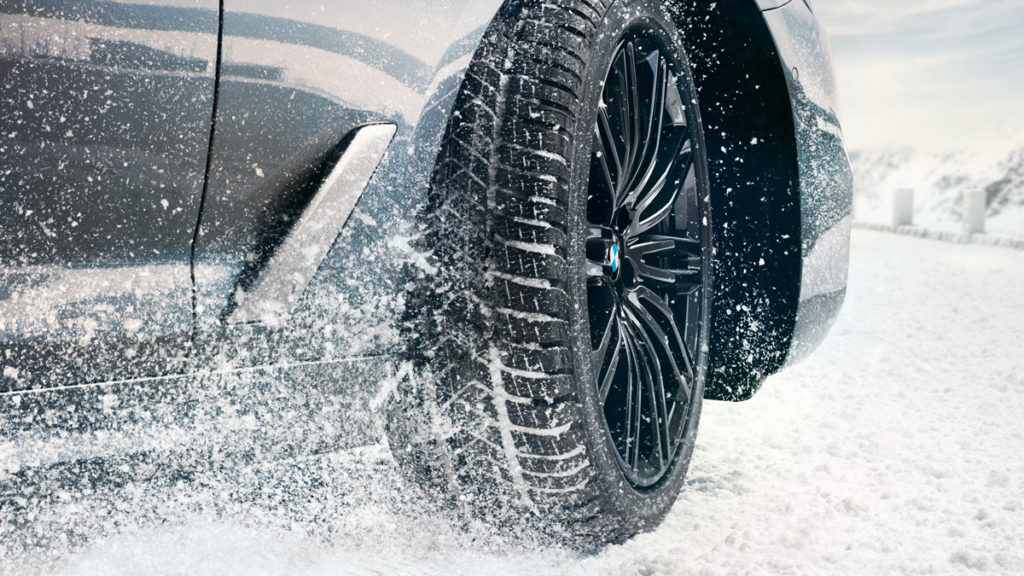
In the summer tires vs winter tires debate, it’s important to know what kind of climate you’re driving in and what kind of weather conditions you and your vehicle will be experiencing. Warmer climates with temperatures that rarely dip below 45-degrees will be best for summer tires while climates that serve up harsh cold, ice, and snow will require a more specialty tire to get through those conditions safely.
There are quite a few differences with summer tires vs winter tires. Each type of tire is designed to achieve a specific goal of generating traction while dealing with different conditions in order to keep drivers safe. In summer months, winter tires won’t perform nearly as well as summer tires whereas summer tires will not perform nearly as well as winter tires in cold winter months. These choices might require a few hundred dollars, but the payoff in preventing accidents in the long term will be more valuable.
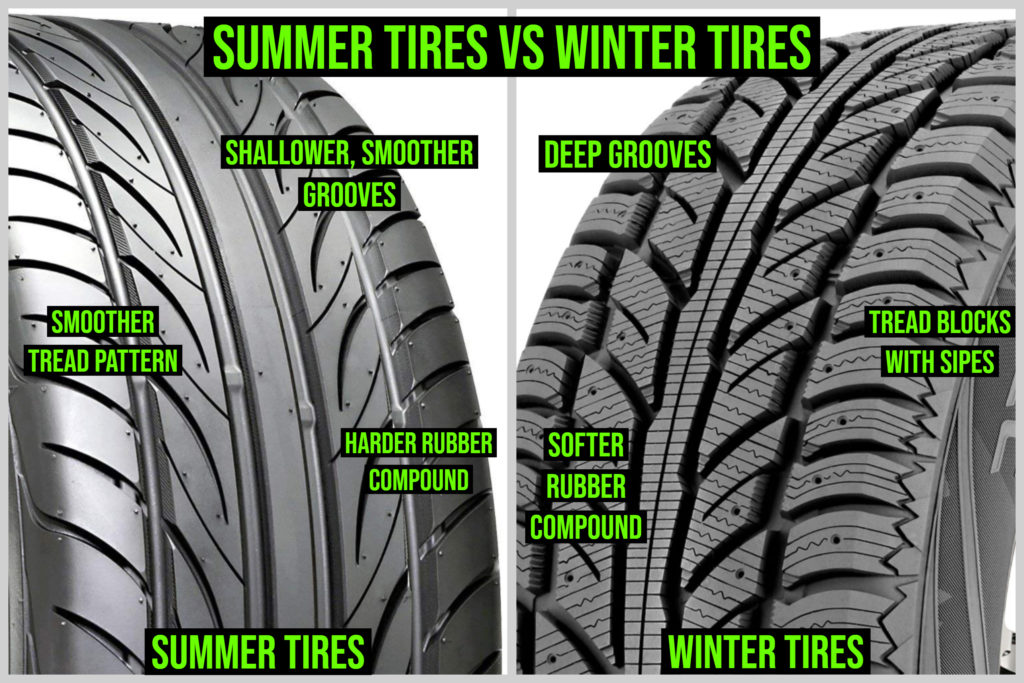
So, let’s take a look at the differences with summer tires vs winter tires starting with what makes a summer tire a ‘summer tire’. These types of tires are generally made with a harder rubber compound that helps to extend the life of the tire while generating grip in warmer temperatures on the asphalt. This also helps to cut down on fuel consumption and lead to good overall performance. This type of tire also has a lower sidewall profile, also known as a low profile tire, that aids in overall performance and style.
Summer tires also have a tread pattern that utilizes relatively shallower grooves. This not only enables better water dissipation to prevent hydroplaning but helps reduce road noise for a more comfortable ride. Aside from high-performance tires, summer tires will provide the best handling, stopping distance performance, and traction compared to winter tires and all season tires in warm dry and wet conditions. In snow and ice, performance will be drastically – and dangerously – reduced.
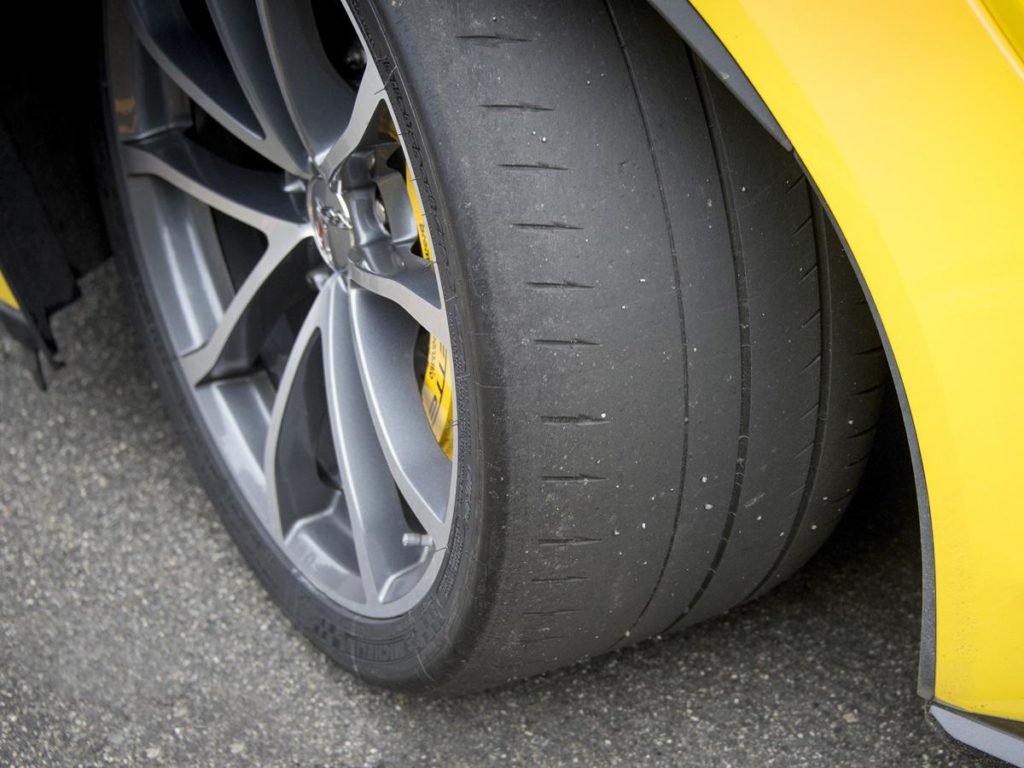
Due to the type of compound and how a summer tire is designed, it will dramatically see a reduction in performance and grip to dangerous levels as temperatures fall below 45-degress. The compound will begin to harden and generate less grip at these temperatures causing skidding and slippage. The shallower grooves and tread pattern is also not designed for ice or to handle snow, resulting very low levels of traction. Low profile tires in the snow also aren’t able to grab at snow and disperse it well at all.
Next up in the summer tires vs winter tires comparison are the winter tires. These tires are made with a softer type of rubber compound that doesn’t harden at temperatures below-45-degrees and well past freezing. This allows it to maintain traction on cold asphalt and in snow and ice. The tread pattern also utilizes thicker tread blocks with micro slits called ‘sipes’. These sipes help to generate traction by channeling water and snow away into the deep grooves and also allowing the rubber to conform to the varying surfaces to generate grip.
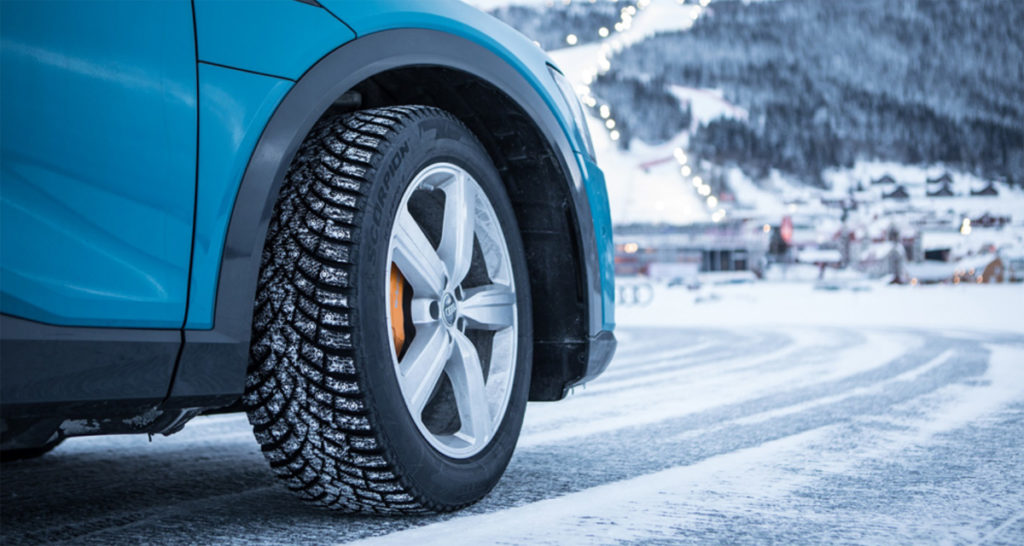
Winter tires tend to look similar to all terrain and mud tires than their summer tire counterparts. This is because they are designed with thicker tread blocks and deep grooves with larger sidewalls. This enables the tire to disperse snow away from the rubber so that it can generate grip. They also perform the complete opposite of low profile tires in the snow and ice thanks to these design features, allowing for more reliable stopping, turning, traction, and grip characteristics.
Winter tires aren’t without their downsides. Their design and rubber compound means that they typically wear out faster than summer or all season tires. They also have a significantly louder sound due to their design and construction. This, however, is a small sacrifice for safety in the winter months.
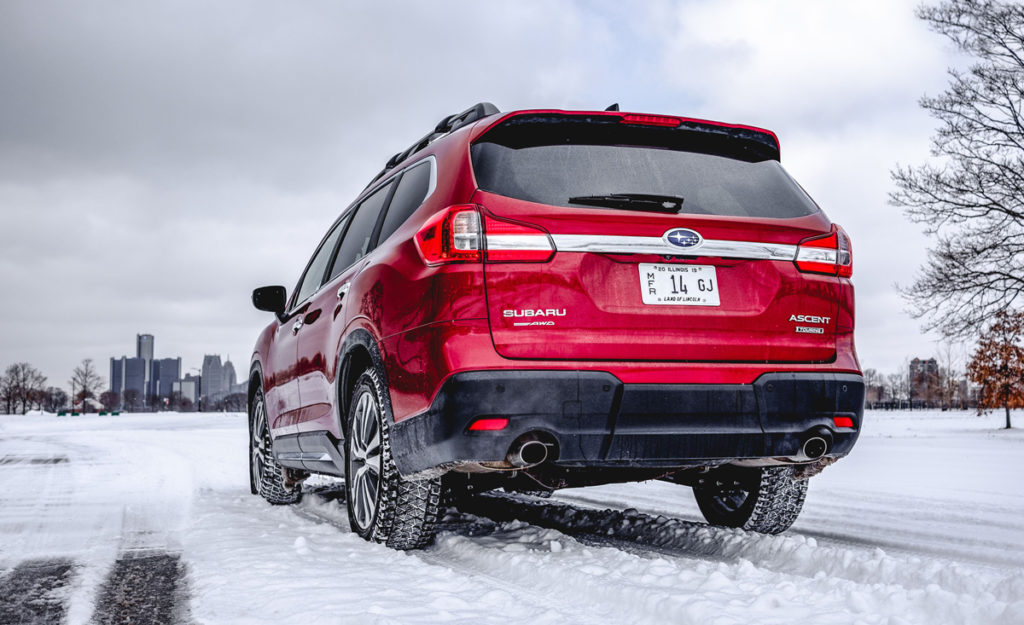
The general rule of thumb between using summer tires vs winter tires comes down to the weather that you and your vehicle will be experiencing. Warmer temperatures above 45-degrees allow for safe usage of summer tires. Below 45-degrees with snow and ice will require a more suitable tire, which is where winter tires excel.
While having two different types of tires may be more expensive, their payoff with long-term performance and safety will be more valuable, especially with peace of mind. There are quite a few differences in summer tires vs winter tires, but having the right tire for the right situation is essential.
Take a look at the Summer Tires vs Winter Tires available at WheelHero!

